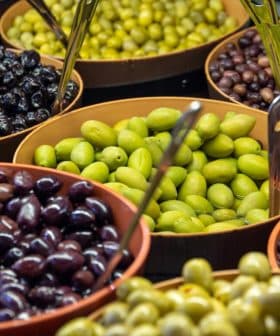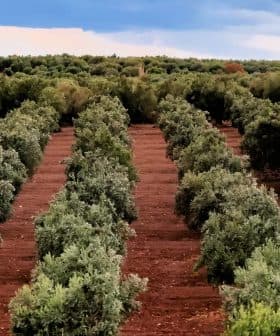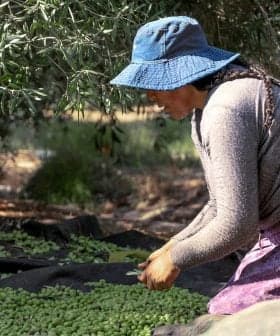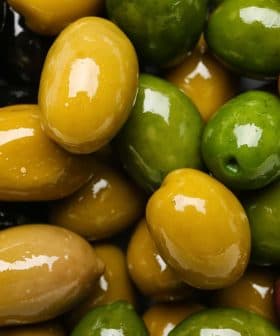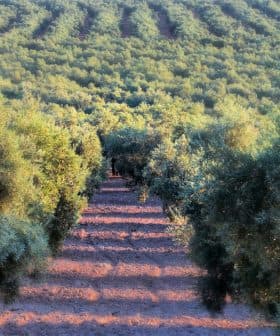Greek Court Rules in Favor of Olive Producers of Messenia
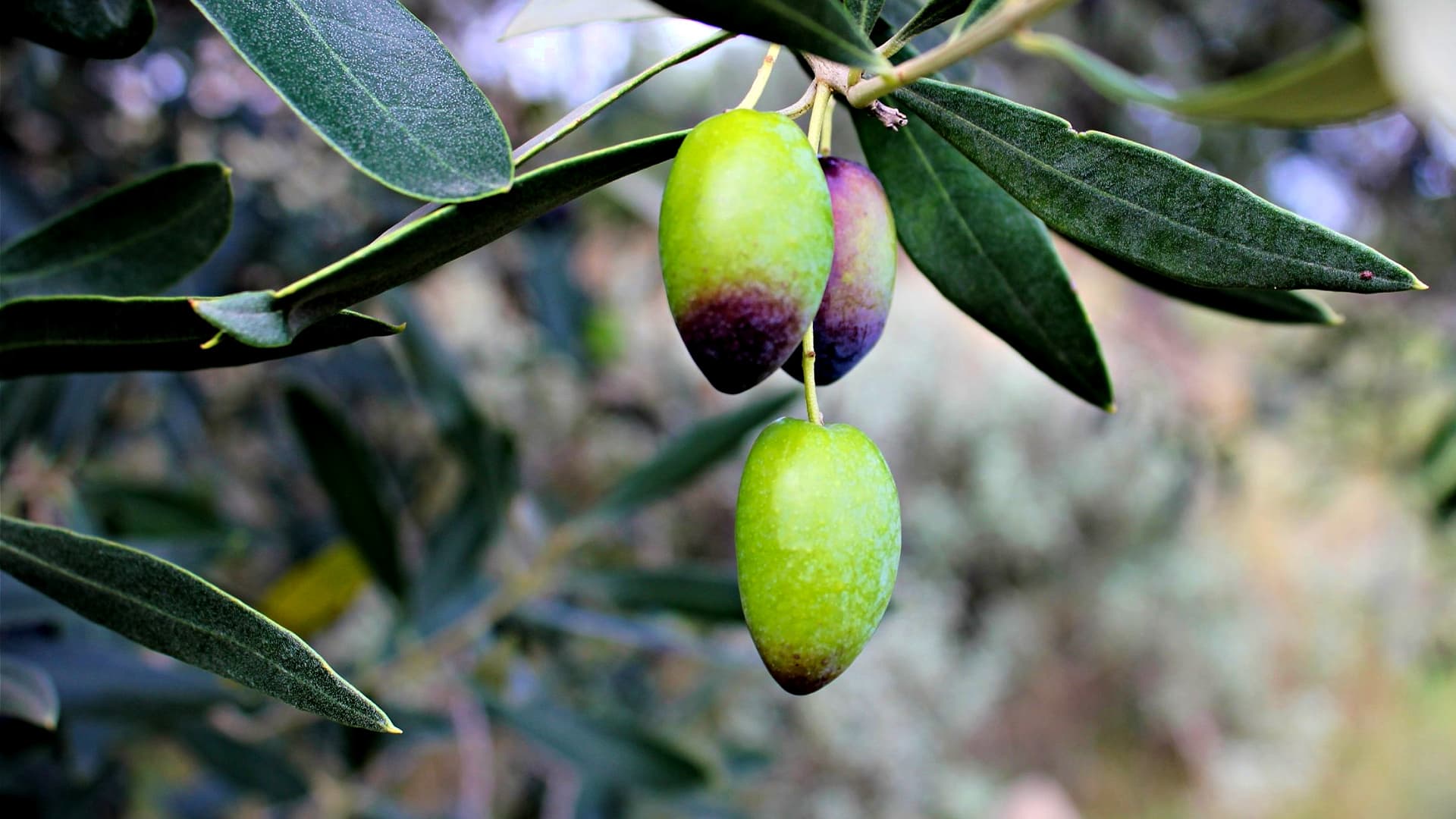
The Greek Council of State ruled that only producers of Kalamon table olives in Messenia can market their olives as ‘Kalamata,’ repealing a 2018 decree that allowed non-Messenian producers to use the term. This decision has sparked protests from non-Messenian producers and calls for a national plan to address the issue.
The Greek Council of State, the country’s supreme administrative court, has ruled that only producers of Kalamon table olives in the Messenia region in southwest Peloponnese are entitled to market their olives under the ‘Kalamata’ brand name.
The court repealed the ministerial decree of 2018, which had added the term ‘Kalamata olives/Elia Kalamatas’ to the Greek national list of plant varieties as synonymous with the Kalamon cultivar.
We are satisfied because our initial claims about using the Kalamata name have been vindicated by the court’s decision.
The decree enabled Greek olive producers of the Kalamon variety based outside Messenia to promote their olives as ‘Kalamata Olives,’ gaining recognition among global consumers.
On the other hand, their Messenian counterparts continued to market their Kalamon olives under the ‘Kalamata Olives’ brand and retained the added benefit of the Protected Designation of Origin label, which was attributed to the olives of Messenian origin by the European Union in 1996.
See Also:Greek Producers Enjoy Another Triumphant Showing in World CompetitionIn its decision, the Supreme Court also stated that Greek producers of Kalamon olives outside of Messenia must use the ‘Kalamon’ term accompanied by the place of origin to market their olives.
The case was under review by the court for more than two years after the appeal of SYMEPOP, the association in support of PDO olive producers of Messenia, against the ministerial decree.
In its appeal, the association argued that the Commission regulation 1151/2012 pertaining to PDO products prohibits any direct or indirect use of a registered name for commercial purposes. In the specific case, the protected term ‘Kalamata’ had been used as a synonym of the variety.
The Messenian producers also claimed that the Greek Ministry of Agriculture decree would enable olive producers anywhere in the world to promote their Kalamon olives under the brand name ‘Kalamata.’
“With the ministerial order of 2018, the state itself had legalized olives of the Kalamon variety produced anywhere in the world to be marketed as Kalamata olives,” Yiannis Pazios of SYMEPOP told Olive Oil Times. “We are satisfied because our initial claims about using the Kalamata name have been vindicated by the court’s decision.”
“At the same time, we are disappointed because we have lost a lot of time awaiting the court’s judgment on a product that needs a promotional strategy to be devised as soon as possible,” he added. “The state and the interprofessional associations have so far failed to do so.”
Pazios also suggested that all parties settle on a commonly accepted solution.
“We believe that the court’s decision provides the opportunity for all stakeholders, producers, exporters, olive associations and the Greek state to find common ground and come up with a national plan for our olives,” he said. “Of course, the solution must be within the existing regulatory and scientific framework.”
Among other table olives varieties, Kalamon olives are grown in several regions of Greece with an average annual production of approximately 60,000 tons. This year’s yield, however, is expected to fare lower at around 50,000 tons for the whole country.
See Also:Olive Oil and Table Olive Imports SlipThe country’s largest producing region of Kalamon olives is Aetolia-Acarnania in western Greece, with an annual production usually exceeding 25,000 tons.
Other significant producers are the regions of Laconia and Fthiotida, with a harvest ranging between 10,000 to 15,000 tons and 6,000 to 10,000 tons of olives, respectively, while Messenia’s production totals 2,500 to 3,000 tons a year.
Around 80 percent of the country’s Kalamon/Kalamata olive production is exported with a value exceeding €200 million.
Non-Messenian producers of Kalamon olives protested the ruling of the State Council, claiming that the olive sector of the country would be severely impacted.
“We all have to understand that after the court’s decision, no [table olive production] plant in Greece or Europe can export olives under the name ‘Kalamata Olives’ apart from [plants located in] Messenia,” five agricultural associations from around the country said in a joint statement.
“Conversely, other non‑E.U. countries (Egypt, Turkey, Morocco and Chile) can freely export their olives as ‘Kalamata Olives,’” the statement further read.
The associations also asked the Ministry of Agriculture to step in and provide a solution to the Kalamata appellation issue.
“Otherwise, a gap of 80,000 tons in world markets will be covered by [Kalamon olives from] other countries,” they said.
At the time of publication, the Greek national interprofessional organization of table olives (DOEPEL) had not responded to a request from Olive Oil Times for comment on the court’s ruling.


